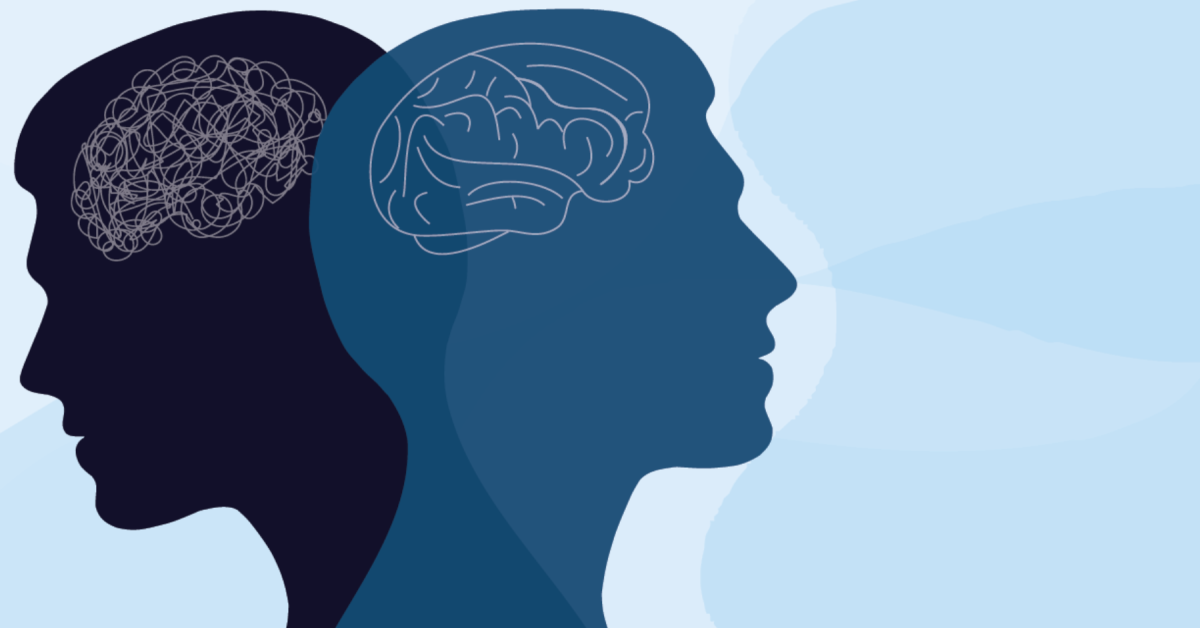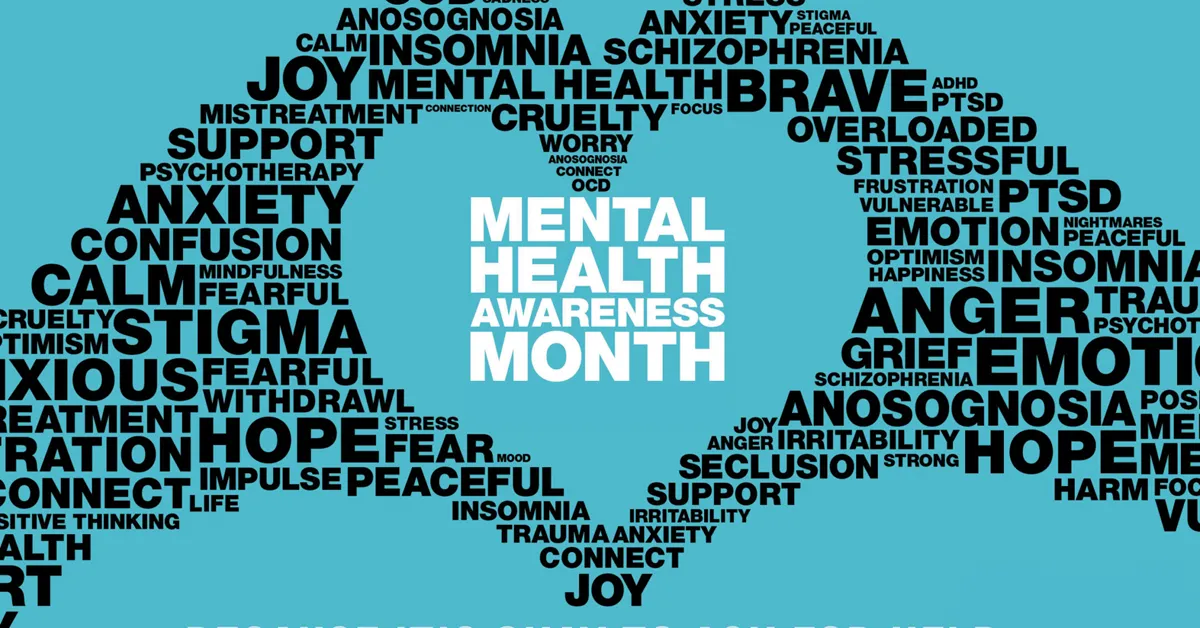Thorough Guide to Inpatient Mental Health Services Programs
Thorough Guide to Inpatient Mental Health Services Programs
Blog Article
Comprehensive Inpatient Mental Health Services for Effective Treatment
Inpatient psychological health and wellness services represent a critical element of the healthcare system, giving a structured and extensive atmosphere for people experiencing extreme emotional distress. These solutions utilize a multidisciplinary strategy, incorporating numerous evidence-based therapies to attend to the complex demands of clients. Nevertheless, the efficiency of such thorough care expands past instant stablizing; it also incorporates the transition to outpatient support, a critical phase frequently ignored. Checking out the nuances of this continuum discloses significant implications for both individual healing and wider psychological wellness outcomes. What elements really affect this change, and exactly how can we improve its efficiency?
Understanding Inpatient Mental Health Services
Inpatient psychological health and wellness solutions offer vital support for individuals experiencing extreme psychological distress that can not be taken care of properly in an outpatient setting. These solutions are made to use an intensive degree of care in an organized atmosphere, often within a medical facility or specialized facility. People admitted to inpatient programs normally display severe signs, such as self-destructive ideation, extreme anxiety, or psychosis, demanding round-the-clock tracking and intervention.
The admission process normally entails an extensive evaluation by psychological wellness specialists, who review the individual's psychological state, history, and prompt demands. Once confessed, patients take part in a variety of restorative methods customized to their certain demands, consisting of medication management, specific treatment, and team sessions. This holistic strategy intends to maintain the individual's condition, promote safety, and foster coping skills.
Inpatient mental health and wellness services not just address prompt health and wellness concerns yet likewise work as a bridge to recurring care. By supplying a controlled environment, these services promote the growth of treatment plans that can be continued in outpatient settings, thus making sure a continuum of treatment and enhancing long-lasting end results for individuals with complex mental health and wellness demands.
Trick Components of Effective Therapy
Effective therapy in inpatient mental wellness solutions makes up a number of vital parts that cultivate healing and stablizing. A comprehensive evaluation is essential to recognize the individual's particular needs and obstacles. This analysis notifies the advancement of a customized treatment plan, which works as a roadmap for intervention.
One more critical part is the multidisciplinary group method. Collaboration amongst psychiatrists, psychologists, registered nurses, and social workers makes certain that different point of views add to the individual's treatment, boosting the performance of therapy. Evidence-based restorative modalities, such as cognitive-behavioral therapy (CBT) and dialectical habits treatment (DBT), are likewise important, providing organized methods that resolve maladaptive idea patterns and behavior issues.

Finally, a focus on aftercare preparation is important to make sure a seamless transition to outpatient solutions, decreasing the threat of relapse and advertising long-term health. These collective components produce an effective treatment framework within inpatient mental wellness services.
Benefits of Comprehensive Treatment

Comprehensive care in inpatient mental wellness services provides countless benefits that dramatically boost individual outcomes. One of the primary advantages is the all natural approach to therapy, attending to not just the mental symptoms but also the physical, social, and psychological demands of individuals. This extensive analysis permits for tailored treatments that promote overall wellness.
An additional benefit is the combination of multidisciplinary teams, which cultivates cooperation amongst healthcare specialists. This joint setting guarantees that clients get worked with care, minimizing the danger of fragmented therapy and improving interaction among caregivers. In addition, comprehensive care facilitates continuity of services, enabling for smooth transitions from inpatient to outpatient setups, which is essential for long-term healing.

Finally, the structured setting of comprehensive inpatient care provides a risk-free room for clients to engage in healing tasks, aiding them create coping techniques and strength. Collectively, these advantages add to extra efficient treatment and improved lifestyle for individuals experiencing mental wellness crises.
Evidence-Based Therapeutic Strategies
In the realm of psychological health treatment, evidence-based restorative strategies play a critical duty in making certain that individuals receive effective and scientifically sustained treatments. These strategies incorporate the very best offered study with clinical experience and client values, promoting a customized therapy experience that deals with private requirements.
Cognitive Behavioral Therapy (CBT) is among one of the most extensively recognized evidence-based approaches, concentrating on determining and altering negative idea patterns and actions. This organized technique has shown efficiency in dealing with conditions such as anxiety, depression, and ptsd. Dialectical Habits Therapy (DBT) is especially reliable for individuals with borderline individuality condition, highlighting the growth of emotional policy and social effectiveness why not find out more skills.
Furthermore, medicine monitoring is commonly an essential element of evidence-based therapy, as psychotropic medicines can alleviate signs and symptoms and improve general performance. Collaborative treatment versions, which entail multidisciplinary groups, further improve the efficacy of inpatient solutions by making certain thorough evaluations and constant monitoring.
Ultimately, the assimilation of evidence-based healing methods not just advertises favorable professional outcomes yet likewise equips individuals, fostering a sense of company and durability in their mental wellness trips.
Transitioning to Outpatient Assistance
The change from inpatient psychological wellness services to outpatient support notes an essential stage in a client's healing journey. This duration needs careful preparation and control to make certain continuity of care and to minimize the dangers of regression or situation. Reliable discharge preparation ought to commence early in the inpatient remain, involving a multidisciplinary group that consists of psychoanalysts, psycho therapists, registered nurses, and social workers.
Trick components of an effective change include the advancement of an extensive aftercare plan customized to the person's certain needs. This strategy ought to detail follow-up appointments, drug management, and restorative treatments, along with determine area sources and support useful site system that can help with continuous healing.
Moreover, individual and family education and learning is vital during this phase. Understanding the signs of possible problems and the importance of sticking to treatment can empower clients and their support systems.
Normal follow-up and review of the outpatient plan are important to address evolving obstacles. By cultivating a joint partnership between inpatient and outpatient carriers, the chance of sustained healing boosts, ultimately boosting the patient's lifestyle and minimizing the threat of readmission.

Conclusion
In summary, thorough inpatient mental wellness services offer an important framework for dealing with extreme emotional distress via a multidisciplinary approach. Inevitably, such thorough treatment is vital for long-term mental health and well-being.
The admission process generally includes a home comprehensive assessment by psychological health and wellness specialists, that assess the individual's psychological state, background, and immediate needs.Reliable treatment in inpatient psychological wellness services consists of a number of vital components that foster healing and stabilization.Comprehensive care in inpatient mental health and wellness solutions uses various advantages that dramatically boost client end results.The change from inpatient psychological health and wellness solutions to outpatient support notes a vital stage in a client's recuperation journey.In summary, thorough inpatient psychological health and wellness solutions provide an essential structure for resolving severe emotional distress via a multidisciplinary strategy.
Report this page